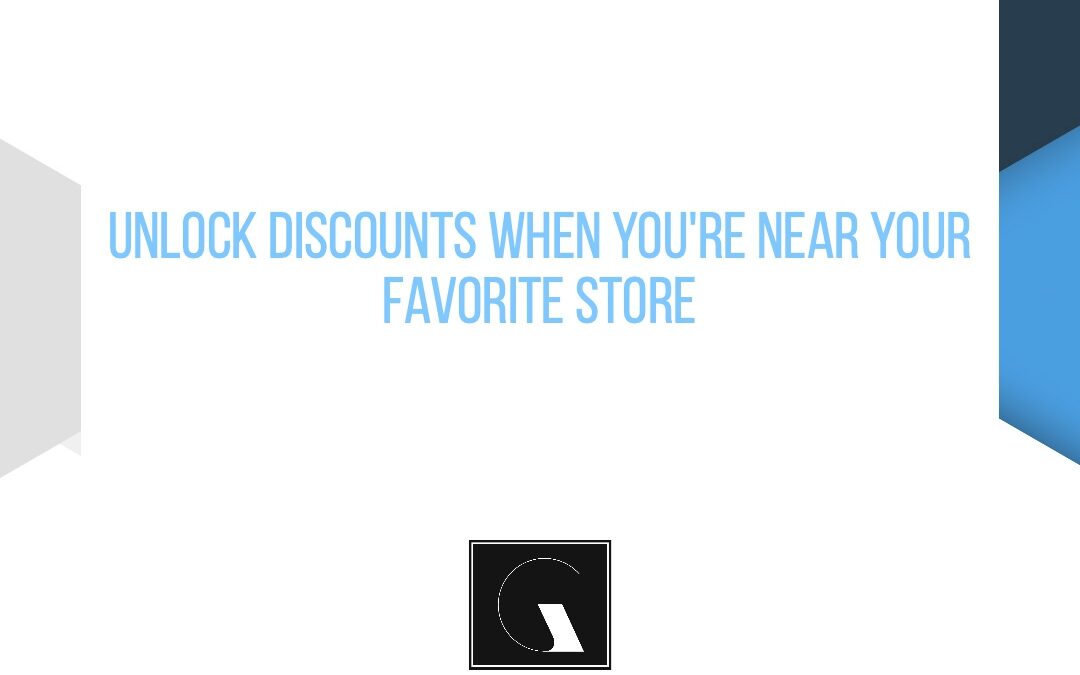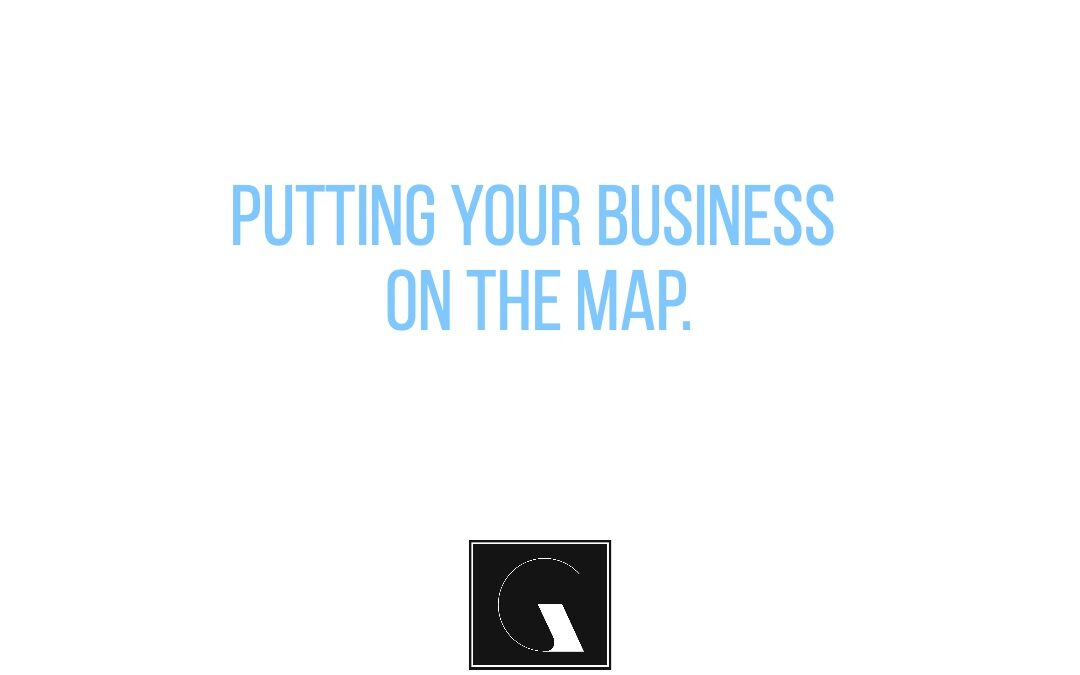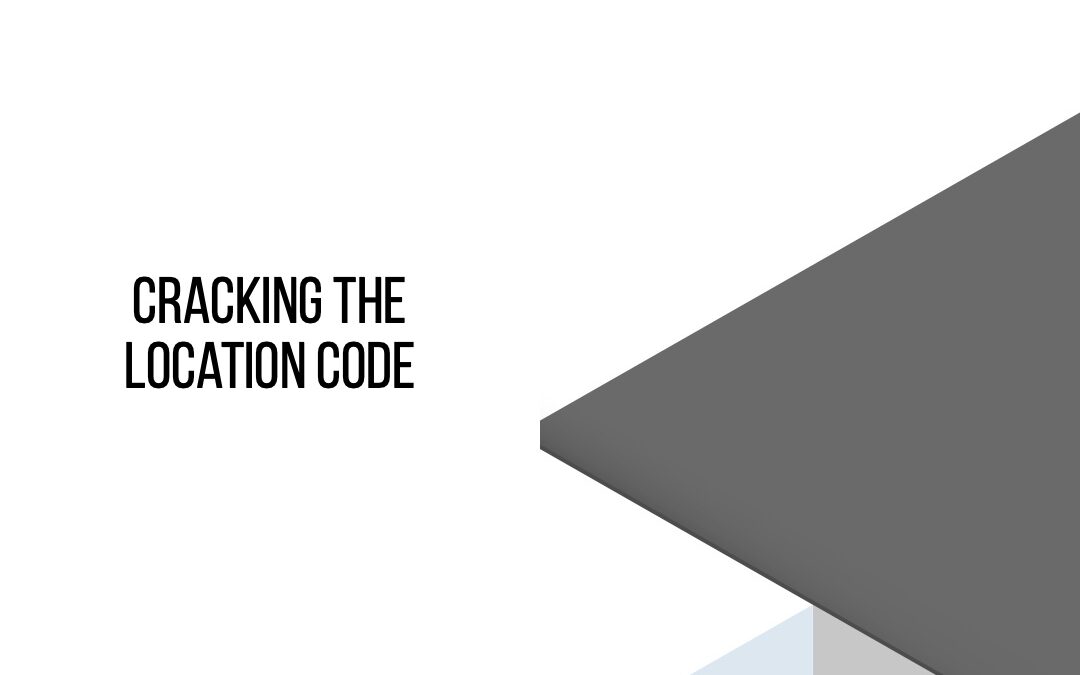Know your target market, your product, and yourself
In order to be successful in any business, it’s important to know your target market, your product and yourself.
The first step is knowing who you want to attract. Is it a specific demographic? Do they prefer one channel over another? Are they more likely to buy online or in-person? You can also consider whether a particular location will be ideal for attracting customers who fit into these categories. Suppose you are targeting a younger audience but don’t know much about their shopping habits or preferences. In that case, you may want to hire someone from that age group as an intern or consultant (or even hire them full-time) to help guide some of these decisions for you. This could mean improving current operations by adding certain amenities like WiFi access points around the store so that customers can easily use social media while shopping there, or perhaps creating new types of events related heretofore unseen at other retail locations such as flash sales where shoppers get discounts on certain items if they spend over $50 per visit within two weeks after opening day which encourages repeat visits because they know they'll always find something new when coming back within those two weeks even if all discounted items are sold out already."
Find out what is happening in the area you want to locate
To be successful, you need to know your target market, your product, and yourself. It would help if you also found out what is happening in the area you want to locate. A good place for your business will have a lot of things going on around it; it should be busy with people who have money and time on their hands that they can spend on your products or services.
The first step in finding out if a particular location would be suitable for your business is an in-depth analysis of the market around your area. It would help to know how many people live nearby, who these people are (age group), and how much disposable income they have per month to understand how much money they might spend with you. So once again - do an in-depth analysis of the market around your location!
Next, consider whether any other businesses are competing directly against yours already established at this specific area/location? Is there another similar type of service already operating from here? And do those businesses seem successful?
Project
Do an in-depth analysis of the market around your location
Before you even start looking for a place to set up shop, you must research the area. The following steps will help give you a better idea of whether or not this is where you should be opening up shop.
• Check out the competition
You should first check out what your local competition is doing and how they’re doing it. Look at their websites, see how many reviews they have online and what kind of customer service they offer customers in person (if possible). These are all important factors that make up a successful business strategy so take note of what other businesses are doing right—and wrong!
• Check out the local economy
The state of your country's economy affects every single industry in different ways; some industries are affected more than others depending on how much money people spend on certain products/services or where their priorities lie at any given time (e.g., food vs. housing). This can affect everything from pricing models through customer satisfaction levels down to sales figures which means knowing about such trends makes it easier.
Make sure you find the right place for your business at the right time
Once you have decided to start a business in a particular location, it is important that you do your research and find the right place for your business at the right time. The reason behind this is simple: timing is everything.
It could be said that timing was one of the main reasons companies like Google, Microsoft, and Apple became successful. These companies either created or capitalized on an existing demand/opportunity at a time when no other businesses were doing so successfully or had even considered it as an option yet.
The same principle applies here: if there isn’t much demand for what you are offering locally (i.e., where you currently live), then there won’t be much room for growth in terms of sales either; however, if there is already an established market out there somewhere else (i.e., somewhere far away), then chances are good that people will eventually find their way over there sooner rather than later – especially if they know someone who has already made this transition successfully!
business location analysis
Knowing who, what and where will help you locate your business at a suitable location to increase your sales
• Knowing your target market includes knowing about the need for your product or service.
• Understanding what is happening in the area you want to locate will help you determine whether there is enough demand for what you are offering. For example, if there has been an increase in construction projects around where the business wants to locate, this could mean there will be more traffic on those streets and thus more need for parking spaces that could be rented out by businesses such as yours.
• Do an in-depth analysis of the market around your location before making any decisions about where to situate it because this information can help narrow down options based on criteria such as price range, demographics, and competition level within that area (e.,g., number of other businesses already operating nearby).
Plan, locate your clients and take some time to implement your marketing strategies
After analyzing consumer behavior, demographic characteristics, traffic, and competitor activities - using business location analysis - define your trade area and select sites for your new store or business venture. You know your audience better than anyone else, so keep them in mind as you develop business goals and strategies.
Have a location-based expert like GONIGS to align carefully your location options, business goals and resources before implementation. GONIGS will look it over to make sure you're siting your business at the appropriate location for profit maximization. We will ensure you efficiently integrate the geographical information/location data with your consumer data. You’ll probably find a few things you want to add, and a couple more that you want to remove.
Once you have a great location, plan a marketing strategy. Some people like to use social media tools. Others prefer to start with reaching out to existing customers via newsletter. Choose the method that works for you taking into consideration location-based marketing and advertising strategies.
Don’t forget to ensure your business location plan matches your marketing strategy. Be sure to learn more about the power of location and where to site your business or social entrepreneurs to make maximum gains.. Again, GONIGS can help you use research-based location-specific recommendations, opportunities, or business initiatives.
#marketing #marketresearch #businessintelligence #data #locationintelligence #strategicplanning #gis #analytics #locationdata #spatialanalysis #gonigs #expert #dataanalytics #locationanalytics
GONIGS helps businesses create market plans for profitable sites, expand to potential locations, or target customers in a specific area, while ensuring that the process is well-planned and executed.
Image Graphics Source: Design AI











